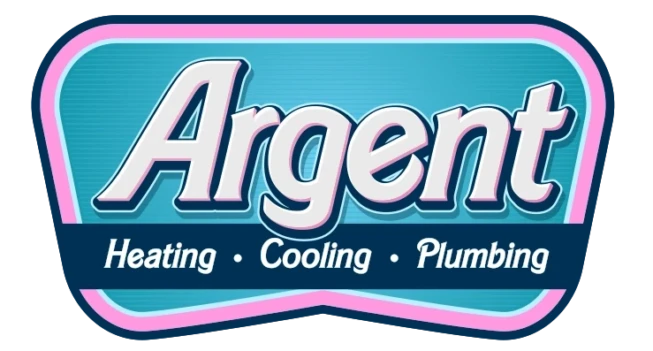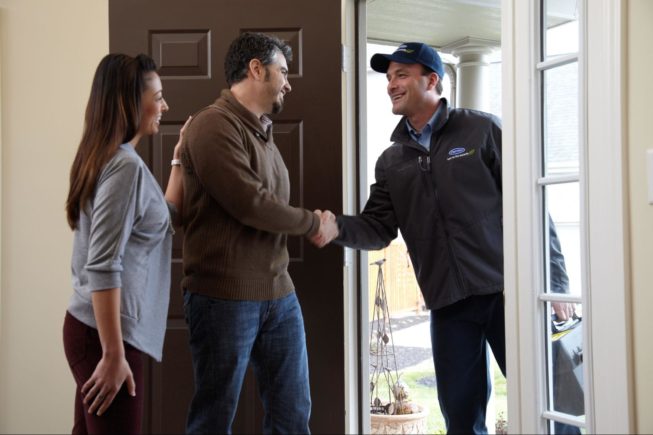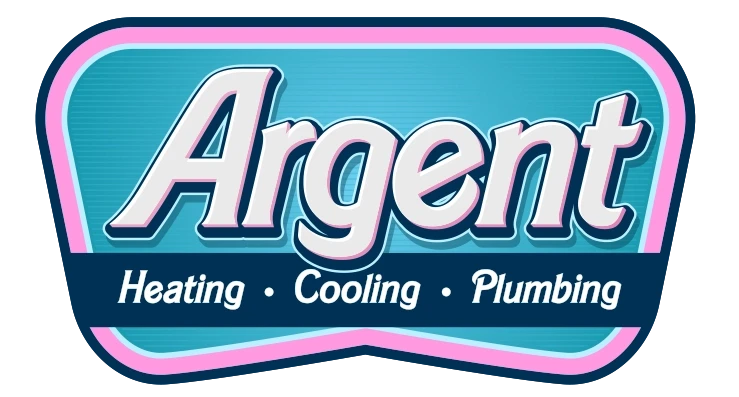by Rachel Helft
Share
by Rachel Helft
Share

Although we cannot see or smell it, carbon monoxide (CO) always results from the incomplete burning of any fuel. In high amounts, carbon monoxide can cause death in minutes. Indeed, hundreds of people die annually due to CO poisoning. Yet you can protect your home by learning how to detect, address, and prevent carbon monoxide buildup. Additionally, employ professional carbon monoxide detector installation in your home.
A service provider that specializes in HVAC technology, Argent Heating & Cooling has over 30 years of experience serving homeowners in the Washington, DC, Metro area. From installing generators to replacing HVAC systems, the Argent team can fulfill your heating and cooling needs from start to finish. For home servicing done right, contact us at (703) 281-6300 today.
Below, we discuss how to detect, address, and prevent carbon monoxide poisoning:
How to Spot High Levels of CO in Your Home
First, you should recognize the most common symptoms of carbon monoxide poisoning: shortness of breath, dizziness, nausea, and headaches. In more severe cases, CO poisoning may cause confusion, fainting, and long-term health consequences. Extended exposure to high levels of CO can be fatal.
Your home may have a carbon monoxide leak if:
- Your symptoms only occur at home and vanish or lessen when you leave
- Others in your household report similar symptoms
- You have devices in your home that consume fuel
- Those devices have not been examined recently or seem in disrepair
How to Address & Prevent CO Poisoning
If you believe you’re suffering from CO poisoning due to a leak in your home, exit the premises immediately after opening its doors and windows and turning off its combustion mechanisms. You should also visit a doctor and get tested for carbon monoxide poisoning.
Prevent carbon monoxide leaks in your home with some simple steps:
- Get your chimneys, flues, and anywhere else that fuel is burned inspected by a professional annually
- Whenever possible, choose devices that vent their fumes outside and have them installed and maintained by professionals
- If you use an unvented gas or kerosene space heater, always follow the manufacturer’s instructions. Use the proper fuel and safety precautions. Sleep in a different room than the heater
- Shut your car off in the garage—even if the garage door is open—to prevent fumes from building up in your home
- Never use a gas oven, gasoline-fueled engine, or charcoal grill in your home or an enclosed space
- Do not ignore CO poisoning’s symptoms, as it can cause sudden loss of consciousness and death
Carbon Monoxide Detectors
Finally, you should have a professional install a laboratory-tested CO detector in your home. Professional technicians know which CO detectors are approved by the Consumers Union, American Gas Association, and Underwriters Laboratories.
However, do not use a CO detector as a replacement for a smoke detector or the preventative measures stated above. Given its invisible and odorless qualities, carbon monoxide requires several different measures of detection.
Argent Heating & Cooling: Carbon Monoxide Detector Installation in the Washington, DC, Metro Area
The technicians at Argent Heating & Cooling are experts in carbon monoxide detector installation. For over 30 years, we’ve provided professional detector installation and indoor air quality testing for everything from carbon monoxide to mold and mildew. We’ve satisfied customers throughout the Washington, DC, Metro area with our work. Combat poor indoor air quality today by calling (703) 281-6300.
STAY IN THE LOOP
Subscribe to our free newsletter.
Leave A Comment
As temperatures rise, the last thing you want is your air conditioner acting up, especially when it starts freezing. Yes, it’s possible for your AC to get too
When summer hits Fairfax, VA, a properly functioning air conditioner is not just a luxury; it’s a necessity. However, what do you do when your air conditioning unit
As homeowners or property managers, one of the primary concerns we often face is determining the longevity of our air conditioning systems. “How long do AC units last?”
As the flowers bloom and the trees regain their leaves, many of us welcome spring with open arms. However, for allergy sufferers, this season can be less about






